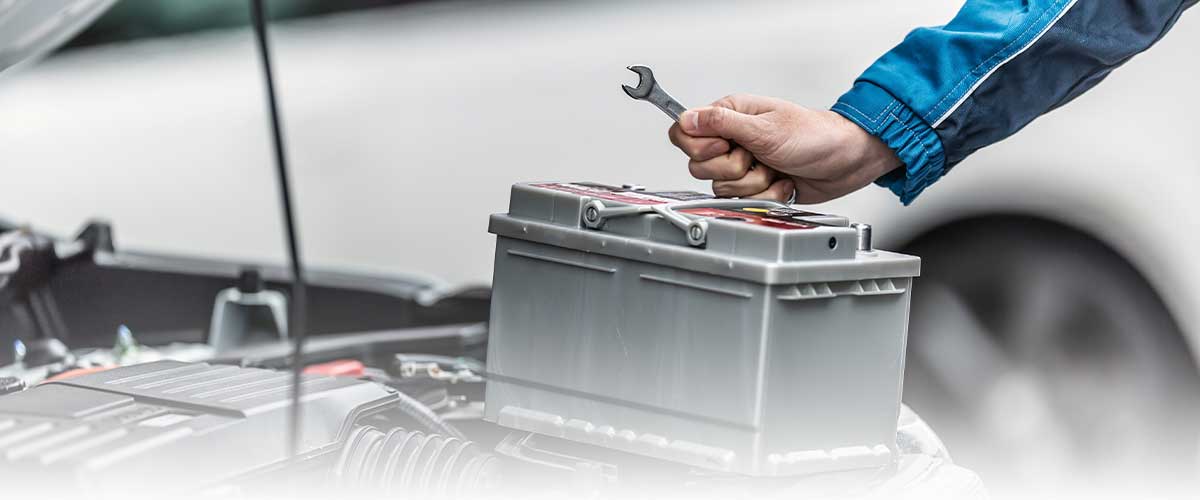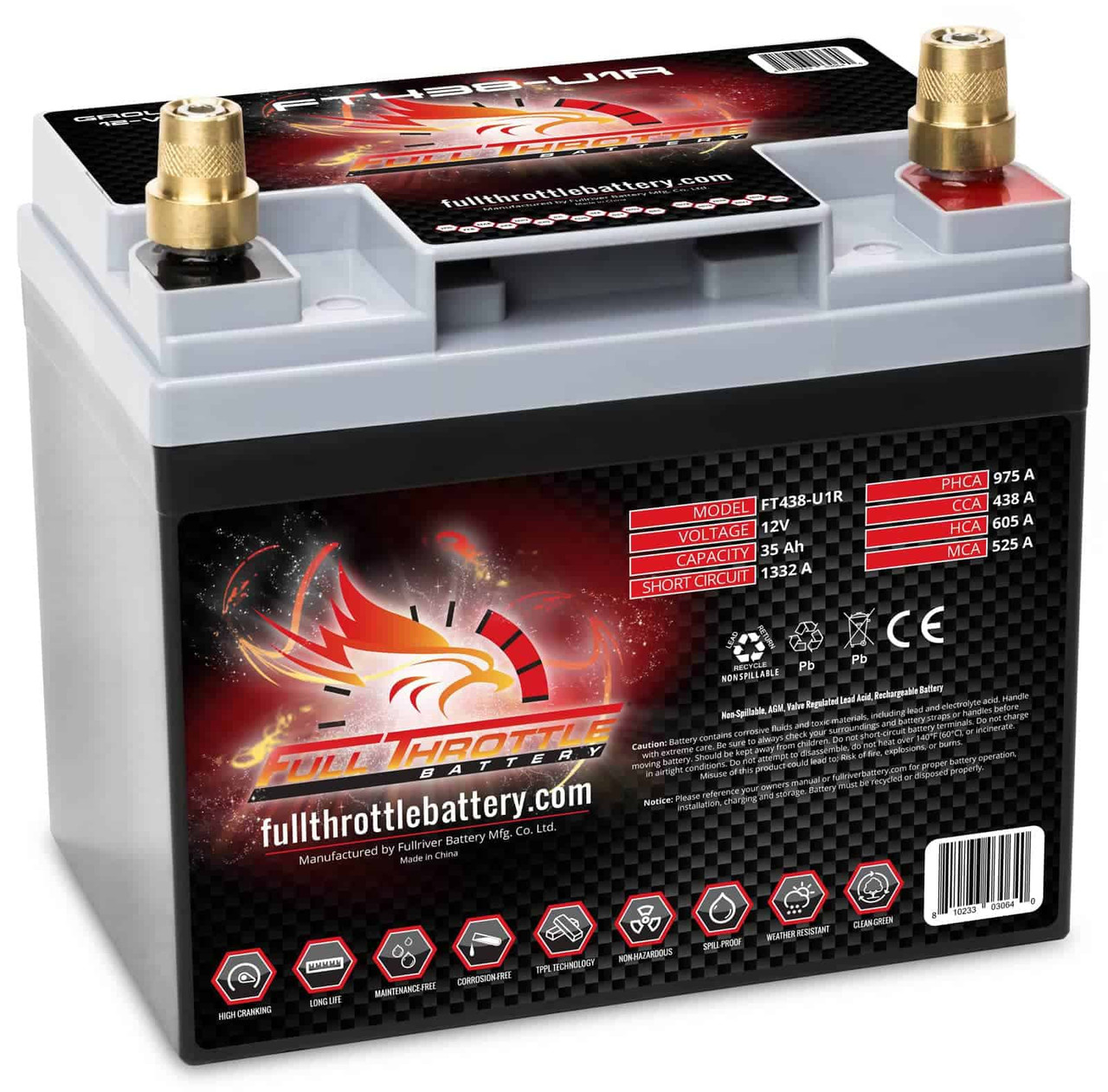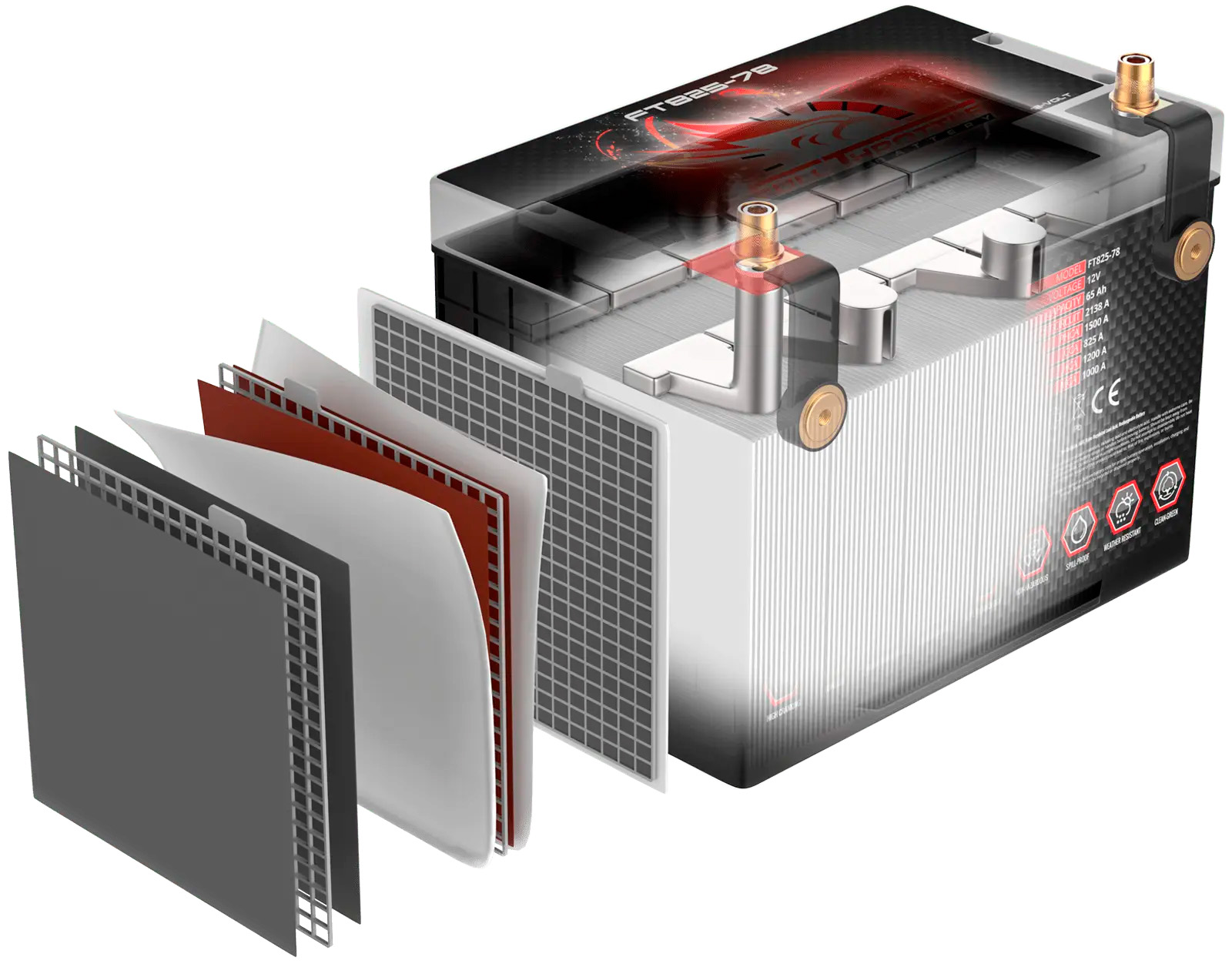What Battery Do I Need For My Car?
20th Sep 2024

Ever turned the key in your ignition, only to find your car won’t start? This frustrating situation often points to the battery. Choosing the right car battery is crucial for starting your car and ensuring reliable operation.
Understanding which battery fits your car involves knowing your vehicle’s requirements and the different types of car batteries available. Factors like make, model, year, driving habits, and climate influence the battery choice. Selecting one that matches your car’s needs helps avoid future breakdowns.
In this blog, we explore how to determine the best battery for your car. We’ll guide you through the different types, how to check compatibility, and what specifications to consider. Stay with us to learn how to keep your car running smoothly with the right battery choice.
When To Replace Car Battery?
In the process of determining which car battery is right for your vehicle, it’s crucial to know when it might be time to replace your existing battery. Here are the vital signs indicating that you need a new battery for your car:
- Cracked Battery Case: A cracked case can expose the battery's internal components to the environment, leading to reduced effectiveness and potential leakage.
- Bulging Battery Case: Swelling of the battery case usually results from exposure to extreme temperature changes. This deformation can severely impair battery operation.
- Inability to Hold a Charge: If your battery repeatedly fails to hold a charge, it might be nearing the end of its lifespan. This is especially true if it requires frequent jump-starts or struggles to power the vehicle.
- Loose Battery Terminals: Proper connection is vital for any battery. Loose terminals can disrupt this connection, affecting your car’s starting and overall electrical performance.
- Missing Filler Caps: Filler caps help maintain the battery's internal environment. Missing caps can accelerate the evaporation of the battery's electrolyte, leading to a quicker decline in battery health.

How To Choose a Battery For a Car?
By following these steps, you can make an informed decision that enhances your vehicle's reliability and suits your driving needs. This guide simplifies the process, helping you choose a battery tailored to your vehicle's specifications and your driving habits.
Step 1: Determine the Correct Battery Size
Identifying the best battery for your car starts with selecting the correct size, ensuring compatibility with your vehicle's engine bay and electrical system. Consult your vehicle’s owner’s manual or use an online sizing tool for an accurate match.
The correct group size is critical; it ensures the battery fits securely and the terminals are properly aligned. Check the label on your existing battery for its group size or input your vehicle details into a lookup tool for precise recommendations.
Step 2: Choose the Right Battery Type
Choosing the right type of car battery is crucial for optimizing your vehicle's performance and ensuring reliability. While conventional lead-acid batteries are common, AGM batteries offer superior support for vehicles with extensive electronic features.
AGM batteries, known for their resilience and maintenance-free design, are particularly beneficial for modern vehicles equipped with technology like start-stop systems. Assess your vehicle’s specific needs to determine whether a standard lead-acid or a more robust AGM battery is the better choice.
Step 3: Check the Cold Cranking Amps (CCA)
The Cold Cranking Amps (CCA) rating measures a battery's ability to start an engine in cold temperatures. Ensure the battery you choose meets or exceeds your vehicle's manufacturer specifications for CCA.
A higher CCA rating is crucial for reliable engine starts in freezing temperatures, offering assurance during cold snaps. Always compare the CCA ratings among options to find a battery that provides the best cold-weather performance for your car. Higher CCA ratings mean better starting power in freezing conditions, making it a key consideration when searching for the best battery for car in cold regions. Always compare the CCA rating on potential batteries with the specification required by your vehicle.
Step 4: Consider Battery Capacity and Reserve Capacity (RC)
Battery capacity is crucial as it determines how much charge the battery can hold, impacting how long it supports your vehicle’s electrical needs. Check the Reserve Capacity (RC), which indicates the number of minutes a battery can sustain essential functions at a specific load.
A battery with a higher RC is beneficial for vehicles that frequently use electrical accessories with the engine off. This feature ensures that your vehicle remains functional during longer periods of idle, enhancing convenience and safety.
The price of car battery often correlates with both capacity and RC, as higher capacity batteries tend to be more expensive but offer longer service and less frequent charge cycles.
Step 5: Evaluate Warranty and Price
The warranty length is a reliable indicator of a battery's quality and durability. A longer warranty suggests that the manufacturer has confidence in their product, which can offer you peace of mind.
When assessing the price of car battery, consider both the initial cost and the potential savings from a longer-lasting, more reliable battery. Investing a bit more upfront can lead to lower overall costs in terms of replacements and maintenance.
Step 6: Factor in Environmental Conditions
Environmental conditions play a significant role in battery performance and selection. Extreme temperatures, both hot and cold, can drastically affect battery life and efficiency. For those living in harsh climates, selecting a battery designed to withstand these conditions is crucial. AGM batteries, for instance, are known for their ability to perform better in extreme conditions due to their robust build and heat resistance.
Consider the typical environmental stresses your battery will face and choose a type that promises durability under those specific conditions. This not only extends the life of the best battery for car but also ensures consistent performance, reducing the likelihood of battery failure due to temperature fluctuations.

JB Tools - Home of Quality Car Batteries
JB Tools is a trusted source for quality car batteries, featuring premium products from respected brands like Fullriver Battery and Aims Power. Known for their reliability and superior performance, these brands offer batteries that ensure longevity and efficiency for all vehicle types.
Whether you need a robust battery capable of handling extensive electronic demands or one that provides dependable start-up power, JB Tools has a solution. Fullriver Battery specializes in sealed, maintenance-free batteries ideal for a range of applications, while Aims Power delivers innovative power solutions designed for durability. At JB Tools, you can find the perfect match for your automotive needs, backed by expert advice and customer support.

